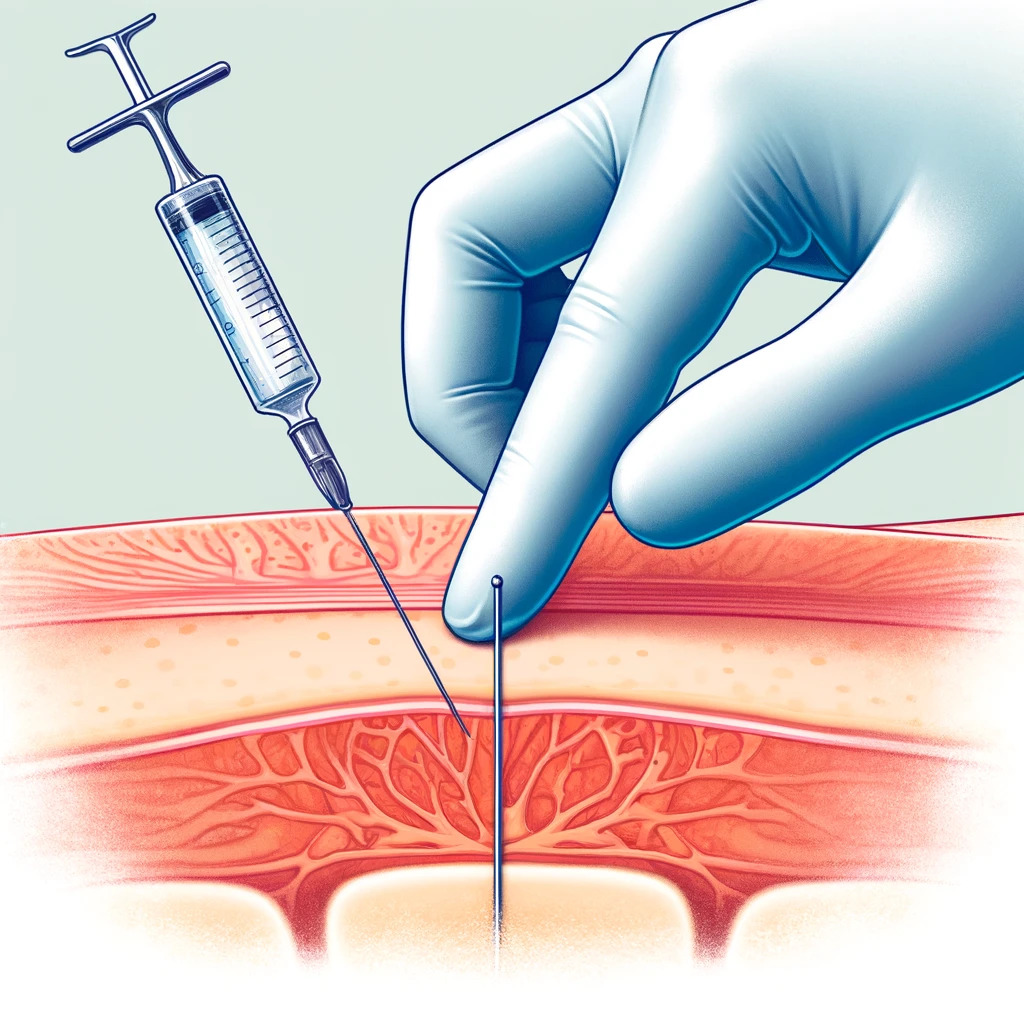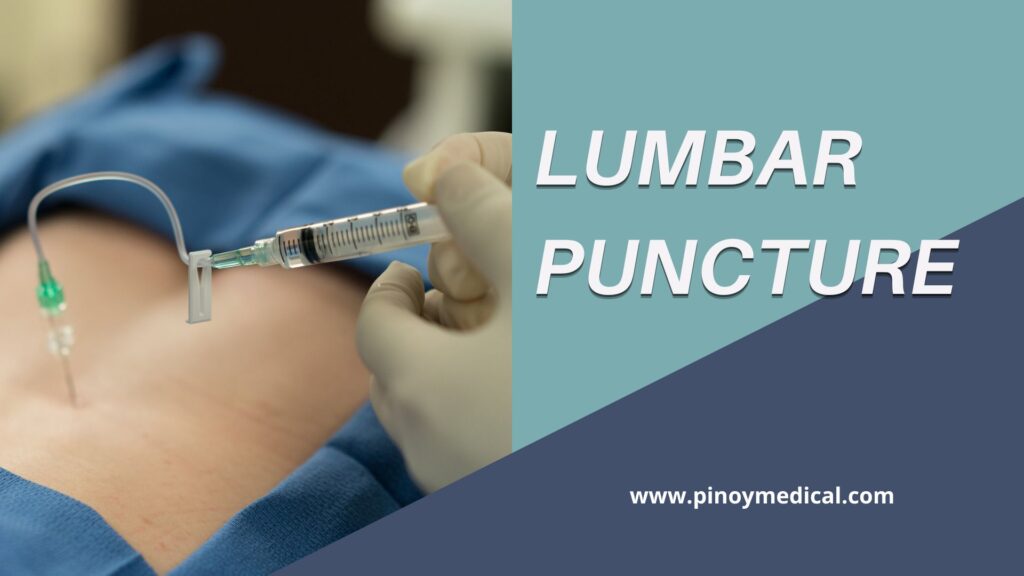Lumbar puncture is useful in the diagnosis of diseases that impact the central nervous system, including multiple sclerosis, meningitis, and some types of cancer. It can also be used therapeutically to relieve pressure caused by disorders such as encephalopathy or uncontrolled hypertension of the brain.
Lumbar Puncture
Lumbar punctures can cost ranging from ₱8,100 to ₱20,000 and more. Packages or discounts could be offered by healthcare providers or programs. Also, the expense of the treatment may change based on whether it is done in an outpatient clinic or a hospital. Direct consultation with nearby hospitals or clinics is advised for accurate cost information specific to each case.

Popular Hospitals and Clinics that Offer Lumbar Puncture
Price differences across hospitals that offer Lumbar Puncture are due to factors such as facility features, physician knowledge, and geographical proximity. Extra expensive facilities with modern equipment might charge an additional fee. Pricing may also be impacted by the quality of follow-up services and post-procedural care. The list of renowned clinics that provide lumbar punctures is as follows:
| Hospital/Lab | Location | Contact | |
| Asian Hospital and Medical Center | 2205 Civic Dr, Alabang, Muntinlupa, 1780 Metro Manila | 279 E Rodriguez Sr. Ave, Quezon City, Philippines Rizal Drive cor. 32nd St. and 5th AveTaguig City, Philippines | [email protected] |
| Manila Doctors Hospital | 667 United Nations Ave, Ermita, Manila, 1000 Metro Manila | (+632)8558-0888 | [email protected] |
| World Citi Med | 960 Aurora Boulevard, Quezon City, Metro Manila | +639565371211 +63 917 708 5843 | [email protected] |
| Makati Medical Center | No. 2 Amorsolo Street, Legaspi Village, Makati City, Philippines 1229 | +632 8888 8999 | [email protected] |
| St. Luke’s Medical Center | 279 E Rodriguez Sr. Ave, Quezon City, Philippines Rizal Drive cor. 32nd St. and 5th AveTaguig City, Philippines | +63-2-8723-0101 +63-2-8789-7700 | [email protected] [email protected] |
| Chinese General Hospital and Medical Center | 286 Blumentritt St., Sta. Cruz, Manila 1014 Metro Manila | (02) 8711 4141 | [email protected] |
| Capitol Medical Center, Inc. | Quezon Ave. corner, Scout Magbanua Street, Brgy. Paligsahan, Quezon City, Philippines 1103 | 09190691891 | [email protected] |
| The Medical City | Ortigas Ave, Pasig, Metro Manila | (+632) 8-988-1000 | [email protected] |
Video about Lumbar Puncture
FAQS
Does a lumbar puncture cause pain?
Although there may be some discomfort throughout the process, topical anesthetic is administered to reduce pain. The majority of patients simply mention minor discomfort or pressure.
What is the duration of a Lumbar Puncture procedure?
When preparation and recuperation time are taken into account, the procedure usually takes thirty minutes.
What dangers come with having a lumbar puncture?
Headache, infection, hemorrhage, nerve injury, and very rare brain herniation are among the risks.
How do I get ready for a spinal traction procedure?
Specific instructions will be given by your healthcare practitioner, but in general, you might need to fast before the surgery and let them know about any drugs you take.
Prior to receiving a lumbar puncture, may I eat or drink?
To lower your risk of nausea, your healthcare professional could suggest that you refrain from eating or drinking for a few hours prior to the treatment.
How soon after a lumbar puncture can I get back to my regular activities?
You are able to resume normal activities, following 24 hours of surgery.
What is the minimum age to get a lumbar puncture?
When done properly, lumbar punctures can be done on people of all ages, even young children and the elderly.
Can I take an analgesic prior to having a lumbar puncture?
Before the surgery, your healthcare professional will provide you with detailed instructions on how to take your medications. It could be necessary to stay away from some painkillers in order to avoid problems.
After a Lumbar Puncture, are there any specific guidelines I need to adhere to?
Instructions for following the surgery from your healthcare physician may include avoiding physically demanding activities, drinking plenty of water, and keeping an eye out for any issues.


